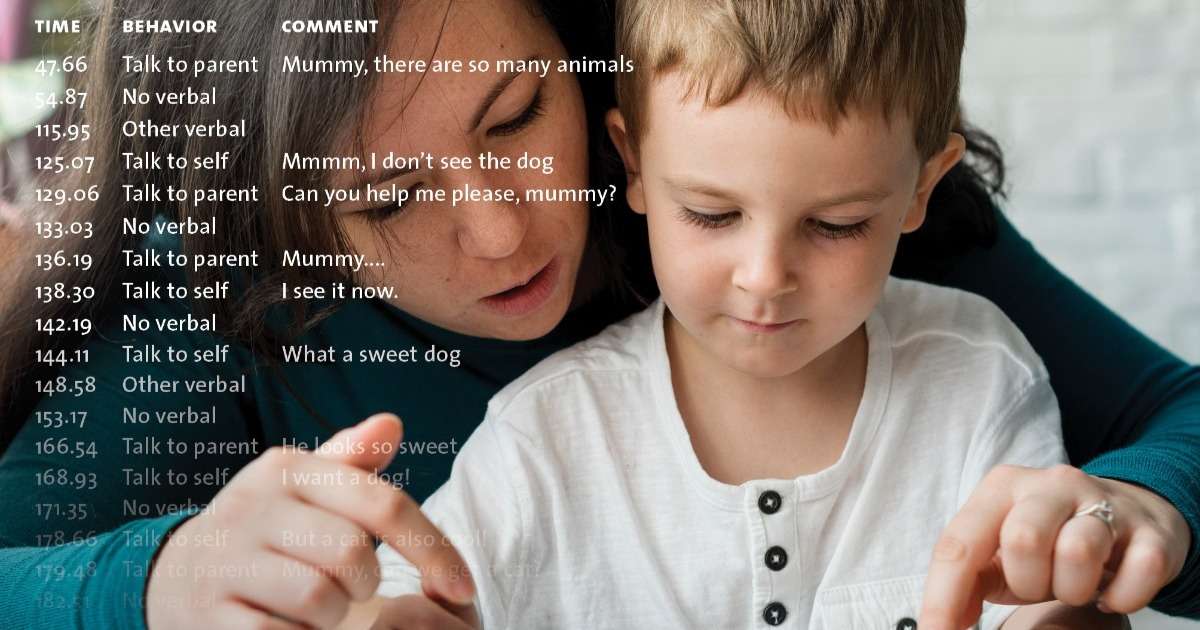
5 examples of infant studies
Researchers perform infant studies to properly monitor and understand all kinds of development factors. In this blog post, five examples of infant studies are highlighted.

How does communication with strangers develop?
Various factors contribute to shaping social-emotional developmental trajectories, such as familiarity of the interaction partner, the child’s age, but also individual predispositions, such as temperament.

Early infant behavior development of hand preference
There are many reasons to study the development of hand preference in infants. For one thing, being left-handed can be an advantage in one-on-one sports such as tennis.

Parent-child interaction – research in a lab and on-site
Early in life, children are not capable of filling out a complete questionnaire or talking to an interviewer.

7 tips to make coding behavioral data more fun
Coding behavioral data helps to understand what your data represents. But let's face it, it isn't much fun to do and it takes a lot of time. Here are 7 tips to make the coding process more effective.

Challenging play behavior: does it still exist?
Although children tend to spend more time indoor in sitting activities, they need feelings of exhilaration for behavioral development. Researchers investigated how risky play behavior can be encouraged.

Observing and coding the behavior of siblings
Would it help if your brother or sister is sitting by your side when you're in pain? Would that ease the pain, or provide some distraction?

How does handedness relate to infant language development?
Developing motor skills appears to be related to language abilities. The research team of Sandy Gonzalez investigated whether consistency in handedness predicts receptive and expressive language.

Observing and analyzing repetitive movements in infants to detect autism
To examine if a specific repertoire of repetitive movements was present in children with autism, researchers used home videos to code the behaviors of the infants.

The role of mimicry in the development of social communication
Children learn from interacting with others, especially their parents. For example, reproducing the emotions that others express is part of that.
